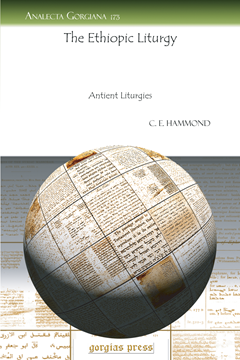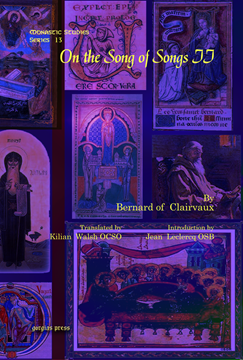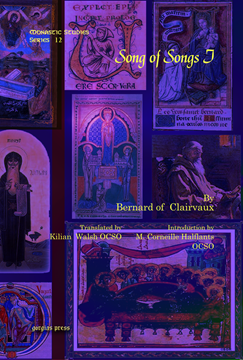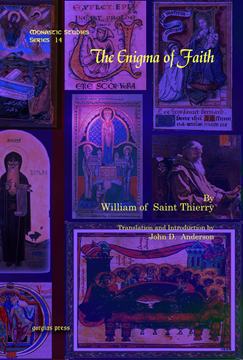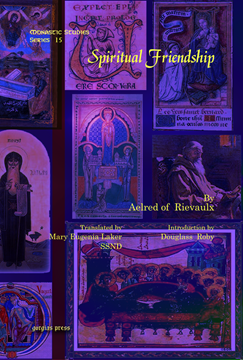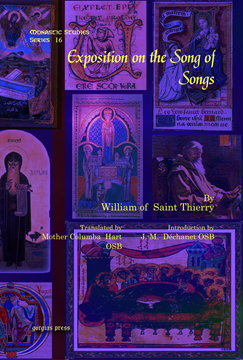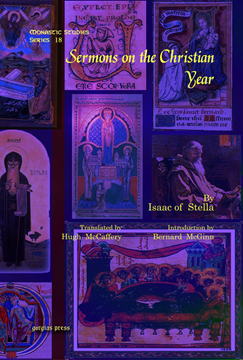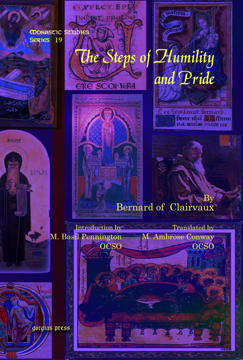The Ethiopic Liturgy
Antient Liturgies
Series: Analecta Gorgiana 173
ISBN: 978-1-60724-188-1
C. E. Hammond's Antient Liturgies provided a valuable resource at an early stage in comparative liturgical studies. Free of extensive critical apparatus, Antient Liturgies presents a collection of historic forms of worship from the Western, Eastern, and Oriental Churches. This extract from the book focuses on the Ethiopic liturgy, here the liturgy is presented in Latin. As an analytical introduction this early study continues to provide a broad overview of early Christian worship made available in an accessible and convenient format for students and scholars.
$39.00 (USD) $23.40 (USD)
Linguistic and Cultural Studies in Aramaic and Arabic
Series: Gorgias Précis Portfolios 5
ISBN: 978-1-60724-586-5
The book affords solutions to some significant phonetics and phonology in Aramaic and Arabic. In the area of human language maintenance and erosion, the dynamics and timelines of such language phenomena are highlighted with relevance to Mesopotamia. Additionally, the book poses some innovative views pertinent to the progress of civilization from concreteness to abstraction with particular emphasis on writing systems
$165.00 (USD) $99.00 (USD)
On the Song of Songs II
Series: Monastic Studies Series 13
ISBN: 978-1-60724-190-4
A profound mystic, Bernard sought, above all and in all, to be with God and to bring all persons to the experience of God. His Sermons on the Song of Songs are among the most famous and most beautiful examples of medieval scriptural exegesis. In them the modern reader can catch a glimpse of the genius which an entire generation found irresistible.
$152.00 (USD) $91.20 (USD)
Song of Songs I
By Bernard of Clairvaux; Translated by Kilian Walsh OCSO; Introduction by M. Corneille Halflants OCSO
Series: Monastic Studies Series 12
ISBN: 978-1-60724-191-1
A profound mystic, Bernard sought, above all and in all, to be with God and to bring all persons to the experience of God. His Sermons on the Song of Songs are among the most famous and most beautiful examples of medieval scriptural exegesis. In them the modern reader can catch a glimpse of the genius which an entire generation found irresistible.
$130.00 (USD) $78.00 (USD)
The Enigma of Faith
By William of Saint Thierry; Translation and Introduction by John D. Anderson
Series: Monastic Studies Series 14
ISBN: 978-1-60724-192-8
William of Saint Thierry left all things in his search for God. He left his home in Liège (modern Belgium) to study in France. He left the schools to enter Benedictine monastic life at Rheims. And late in life he left the Benedictines to enter the most austere, recently founded Cistercian abbey of Signy in the Ardennes forest. What he did not leave was his keen intellect and his vehement love of Truth.
$150.00 (USD) $90.00 (USD)
Spiritual Friendship
Series: Monastic Studies Series 15
ISBN: 978-1-60724-193-5
Aelred of Rievaulx was born in the borderlands of Northumbria was raised at the royal court of Scotland. While traveling in King David’s service in 1134, the restless young man visited Rievaulx, a new foundation of the Cistercian monks in Yorkshire. The next day he returned to become a monk, and thirteen years later became abbot. In this second volume on spiritual friendship, written near the end of his life, Aelred completes his early treatise and shares his mature experience of the love of his companions and the love of God.
$152.00 (USD) $91.20 (USD)
Exposition on the Song of Songs
By William of Saint Thierry; Translated by Mother Columba Hart OSB; Introduction by J.-M. Déchanet OSB
Series: Monastic Studies Series 16
ISBN: 978-1-60724-194-2
In the twelfth and early thirteenth centuries, The Song of Songs was a favorite book of Cistercian monks. Bernard of Clairvaux, Gilbert of Hoyland, and John of Ford, as well as William of Saint Thierry, read it as a dialogue between Christ the Bridegroom and the human soul, the Bride. William of Saint Thierry began composing his commentary soon after entering the Cistercian abbey of Signy in 1135. Having left behind a busy life as a Benedictine abbot and author of theological treatises, he turned to writing meditations on Scripture as the means of listening to the voice of the Beloved.
$138.00 (USD) $82.80 (USD)
The Life and Death of Saint Malachy the Irishman
By Bernard of Clairvaux; Translated and Annotated by Robert T. Meyer
Series: Monastic Studies Series 17
ISBN: 978-1-60724-195-9
This book tells the life of a saint by a saint. Malachy O'Morgair spent his life and considerable energies exhorting, wheedling, badgering, and praying his countrymen back to christian faith and practice. Bernard holds him up in this Life, eulogy, and hymn as a model to bishops.
$129.00 (USD) $77.40 (USD)
Sermons on the Christian Year
Series: Monastic Studies Series 18
ISBN: 978-1-60724-196-6
A scholar turned monk, Isaac combined the increasingly technical vocabulary of the cathedral schools with the spiritual tradition of the monastery. Dialectic is here combined with meditative reflection.
$149.00 (USD) $89.40 (USD)
The Steps of Humility and Pride
By Bernard of Clairvaux; Introduction by M. Basil Pennington OCSO; Translated by M. Ambrose Conway OCSO
Series: Monastic Studies Series 19
ISBN: 978-1-60724-197-3
The son of Burgundian nobility, Bernard admitted after years of struggle that humility remained for him the most elusive of the virtues. Yet the uncompromising vehemence of his love for God made him strive for what monastic tradition taught is indispensable to anyone hoping to share God's perfect love.
$114.00 (USD) $68.40 (USD)
